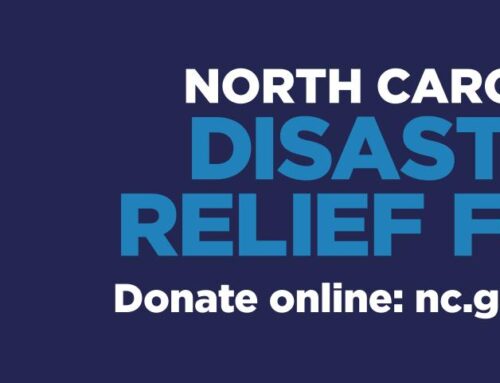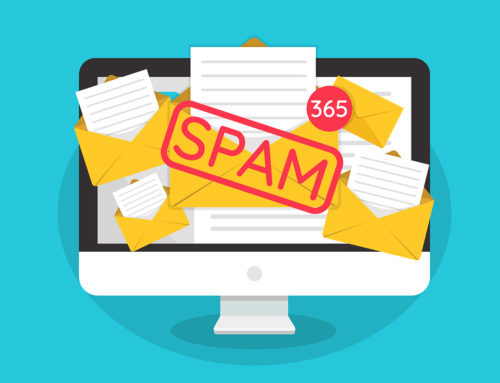
Amy Eisenstein
Learning about a prospective major donor is important to cultivating that relationship. But many fundraisers feel researching prospects in the Internet Age is too creepy. Author, speaker, coach and fundraising consultant, Amy Eisenstein, shows you how to get the info you need without becoming a creeper. Amy also has a special offer for our readers – be one of the first 100 people to purchase Major Gift Fundraising for Small Shops between 6 am – Midnight on Tuesday, March 18 and receive free access to Amy’s webinar, The Art of the Ask. ~Kivi
Guest Post by Amy Eisenstein, ACFRE
When I start coaching new fundraising clients, one of the things I ask them is how much they know about their current and prospective major gift donors. This question is important because the more you know about your prospective donors, the better prepared you will be (theoretically) to ask them for a major gift.
However, some of my clients feel hesitant about conducting prospect research, particularly given all the current news about how for-profit corporations and the government are tracking our lives online. Not to mention the fact that they don’t want to come across as stalking or creepy.
So, when does donor research cross the line into being creepy? How much is too much information? This is something we all struggle with in the Internet age. Here’s a simple test: If a donor asks to see their file, will you feel comfortable showing it to them? You should.
Avoiding coming across as creepy extends well beyond the information you seek out and keep in your donors’ files. Imagine, for example, how you would feel if you were in a meeting and someone blurted out something like, “Bummer about that pay cut/stock portfolio/ little scandal involving your husband/wife/partner…” That’s creepy! It’s vitally important to treat the information you have about your donors with discretion and respect for their privacy.
This doesn’t mean that you aren’t ever allowed to discuss something you’ve learned about donors with them. If your prospect has just won an award and that information was covered by the media, by all means send a note or pick up the phone to express your congratulations! Likewise, it’s always appropriate to send a sympathy or get-well card when you hear through the usual social or business channels that a donor has experienced a death in the family or an illness.
Here are two tools to help you obtain information about your donors in easy, affordable, and ethical ways.
#1: The Internet
To make your donor research easier, here is a quick list of free online tools you can use to determine facts like your prospects’ net worth, interests, and likeliness to make a major gift to your organization:
- Google: Don’t spend more than about ten minutes per prospect here; that said, those ten minutes may well be very productive! Note any relevant news stories about your donor, for example large gifts they may have given to organizations similar to yours, promotions, etc. You’ll be able to learn a lot just by scanning the relevant headlines and lead paragraphs.
- LinkedIn: LinkedIn is to the professional world what Facebook is to the personal one – one of the places to connect and learn about potential hires, bosses, and donors. If your prospective major gift donor has a LinkedIn profile, take a look at where they are in their career now and scan their employment history. This can help you determine net worth and interests. (Ongoing tip: once you get to know your donor, invite them to be one of your connections. LinkedIn will then send you an update whenever they change their profile.)
- Zillow: If you know where your donor lives, this site will tell you the value of the homes in that area and thus, the probable value of your prospect’s home.
- Salary.com: LinkedIn will tell you what your prospect does for a living; Salary.com will give you an idea of their probable take-home pay. That information, combined with the net worth of a person’s home, will give you a very valuable guide to determine your ask amount.
Still concerned about researching your donors? Take a look again at the websites I’ve listed above. Each one of them contains public information, much of which your prospects are providing themselves! In other words, using these basic online tools is no more creepy or invasive than picking up your local newspaper or business paper and reading news about your prospects in print. The only difference is that the Internet allows you to gather the same information in a fraction of the time – a huge boon to major gift fundraisers in small shops.
#2: Cultivation and Open-Ended Questions
There’s no better research tool than asking the donor themselves. After all, major gift cultivation is all about building relationships – and generally speaking, you can’t do that solely by sitting in front of your computer! Ask your prospective donors open-ended questions that will help you determine the right ask amount and which specific aspect of your work you’ll ask them to fund. Here are some examples of good open-ended questions to help you learn more about your prospective donors:
- What made you decide to give to our organization in the first place, and why do you continue to give?
- If you could change something about our organization, what would it be and why?
- Is philanthropy important to your life? How so?
What questions do you ask your donors? Please share them in the comments.
Amy Eisenstein, ACFRE, is an author, speaker, coach and fundraising consultant who’s dedicated to making nonprofit development simple for you and your board. Her books include 50 A$ks in 50 Weeks, Raising More with Less, and her latest book, Major Gift Fundraising for Small Shops.
Special offer: Be one of the first 100 people to purchase Major Gift Fundraising for Small Shops between 6 am – Midnight on Tuesday, March 18 and receive free access to Amy’s webinar, The Art of the Ask (a $129) value.




